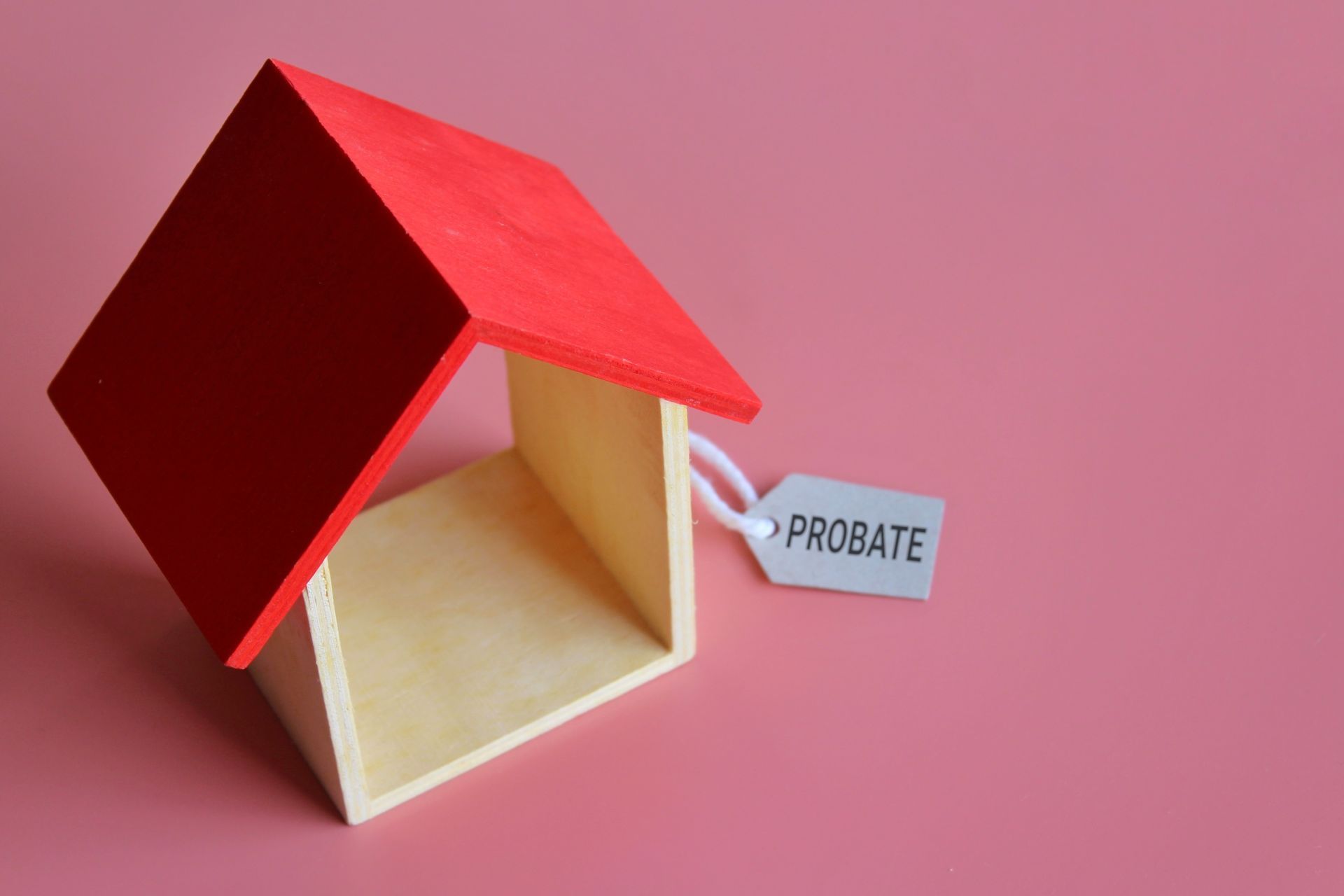What Happens If You Don’t File Probate In Florida
There’s nothing more stressful than dealing with the death of a loved one. Unfortunately, emotional turmoil is not the only thing you have to contend with as you also have to address a hefty amount of legal matters.
When a person passes away, the family needs to ensure proper legal steps are taken so that the final affairs of their loved one are administered accordingly. This also applies to cases where a decedent has left a will as the terms outlined in the document will have to be executed through probate.
So regardless of whether your loved one died with or without a will, probate is necessary to formally close their estate and distribute their assets to the rightful beneficiaries.
Yet, probate is notoriously complex and taxing, which is why many families look at ways of legally avoiding it (which isn’t possible without prior estate planning and transferring assets into trusts). But what happens if you don’t file probate in Florida?
Let’s find out.
Repercussions For Failing to File Probate
The two-word answer to what happens if you don’t file probate in Florida is ‘not good’. There are several consequences of avoiding the proper legal process that can impact everyone involved, such as beneficiaries, the representative, creditors, you name it.
Generally speaking, avoiding probate can have adverse effects on the entire state - financial or otherwise.
Even though each situation is different, in most cases, what happens if you don’t file probate in Florida can include the following:
Personal Representative Can Be Held Liable
Since probate is legally required, if the personal representative of the estate was aware of their duty to initiate the probate process but fails to do so, they can be held legally liable for their actions.
Not taking the necessary steps can open up the estate to a plethora of liabilities which directly translate to financial damage for the beneficiaries. Thus, if it’s proven that the personal representative could have fulfilled their responsibilities that would have prevented these losses but they didn’t, they are personally liable for what transpired.
Assets Won’t Be Transferred To The Beneficiaries
In regards to titled assets (houses or vehicles), the ownership can only be transferred to the beneficiaries after initiating the probate process. If this doesn’t happen, the assets will stay tilted to the decedent.
This opens up another can of worms and renders the beneficiaries unable to sell these assets, leaving the doors open for significant tax issues.
Most people feel probate is redundant, especially if there is a will. Even in cases where a family member died intestate (without leaving a will), there are intestacy laws. However, keep in mind that transferring titled assets requires a signature from the owner, which isn’t possible once they have passed away.
This issue is pretty much addressed through probate as it allows the transfer of ownership with court approval and without requiring the owner’s signature.
Creditors Can Collect The Assets From The Estate
If you’re wondering what happens if you don’t file probate in Florida, you only need to know that your loved one’s estate may come into jeopardy from creditors.
Probate helps provide the solution to creditor claims against the estate. By going through established estate court proceedings, the personal representative can provide notices and handle valid claims as soon as probate is finished. If everything goes according to plan, creditors won’t have legal grounds to collect assets or funds from the estate.
Without probate, the estate will remain open, meaning creditors can collect payments from debts incurred during the decedent’s lifetime.
Tax Debts Will Stay Unresolved
Probate also helps figure out whether any federal or state taxes were owed by the decedent. Similarly to what happens to individuals who avoid tax obligations, if the estate owes taxes, failure to pay off debts can lead to large fines, penalties, and interest - all of which can quickly eat up the estate.
Furthermore, some types of transfers may trigger tax liabilities for the beneficiaries, which is why an estate or a will should always be probated as fast as possible.
Problems With Determining Which Assets Heirs Are Entitled To
Tax problems and issues with creditors are a lot more complex, yet, the question of who receives which asset can break down the entire family.
Although the will provides instruction on the distribution of assets, it must be probated before going into effect. In addition, a will may not address all assets, in which case intestate succession laws become the main factor, which again requires probate.
Failing to start the probate process will most likely result in disagreements between beneficiaries and heirs, and it’s not uncommon for legal disputes to arise either.
Ultimately, probate will see to it that things remain fair, while also erasing any confusion and some of the infighting that can occur if families are left to their own devices. Equally as important, it will allow for a new level of clarity that will help the family start moving on.
Do Probate Rules Apply to Small Estates?
Small estates are exempt from the probate requirement. According to Florida Statutes, section 735.301, when a decedent leaves behind personal property with a value of no more than $20k, no more than two vehicles, as well as a limited number of other assets, probate isn’t required.
Do note that the personal representative of the estate still has to file the request for “disposition without administration”, along with other documentation regarding the estate. Afterward, the probate court will approve the request for disposition and close the estate.
Let The Attorneys At Doane & Doane Guide You Through The Entire Process
All the information provided in this post is just a small example of things that could go wrong. Estate proceedings can get complicated very fast, and even if you do everything that’s legally required of you, it still doesn’t eliminate the chances of serious issues arising during the probate process.
Additionally, you and your family are most likely still recovering from the shock of a loved one, and it’s helpful to have guidance from experts in
estate planning & estate litigation.
Doane & Doane has over two decades of experience handling the most complex cases and assisting the affected families in resolving estate matters amicably.
We know how delicate these matters can be, and we’re willing to work for you around the clock to make certain that everyone gets treated fairly in probate and leaves the proceedings satisfied.
Schedule a free case evaluation by calling
561-656-0200 or filling out our
contact form.
Note:
The information in this blog post is for reference only and not legal advice. As such, you should not make legal decisions based on the information in this blog post. Moreover, there is no lawyer-client relationship resulting from this blog post, nor should any such relationship be implied. If you need legal counsel, please consult a lawyer licensed to practice in your jurisdiction.
Disclaimer: The information on this website and blog is for general informational purposes only and is not professional advice. We make no guarantees of accuracy or completeness. We disclaim all liability for errors, omissions, or reliance on this content. Always consult a qualified professional for specific guidance.
RECENT POSTS






